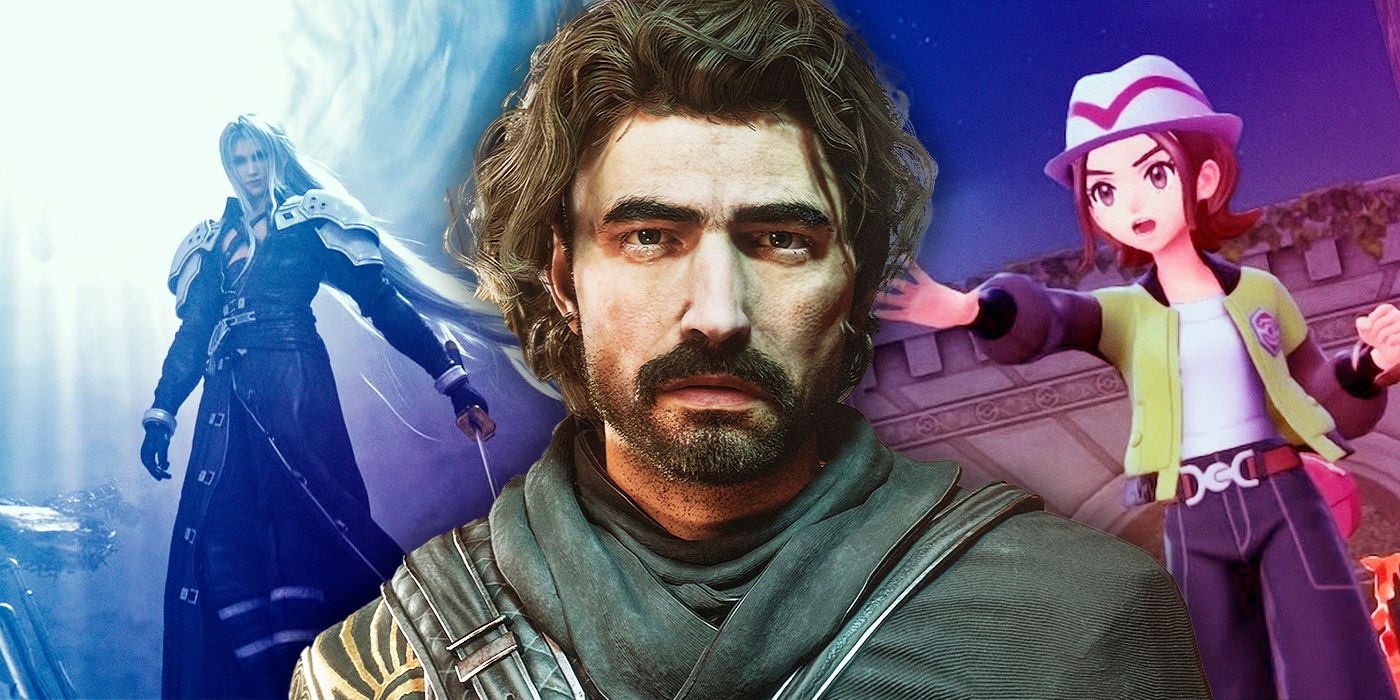
Since the 1970s, turn-based combat has been a mainstay in gaming, yet developers often find it hard to bring freshness to this gameplay style, leading some games to feel repetitive or outdated. Iconic RPG and JRPG series like Final Fantasy and Pokémon are now moving towards more action-centric battle systems to align with evolving player preferences.
Despite the passage of time, turn-based battles remain vibrant and dynamic. Games such as “Persona” maintain their appeal by incorporating stylish aesthetics and intricate mechanics, while innovative titles like “Clair Obscur: Expedition 33” are pushing the boundaries with creative adaptations of traditional systems. Turn-based RPGs aren’t vanishing; instead, they’re undergoing a transformation into an exciting new phase.
Final Fantasy Abandoned Turn-Based Combat Years Ago
Will the FF Series Ever Go Back to Turn-Based Battles?

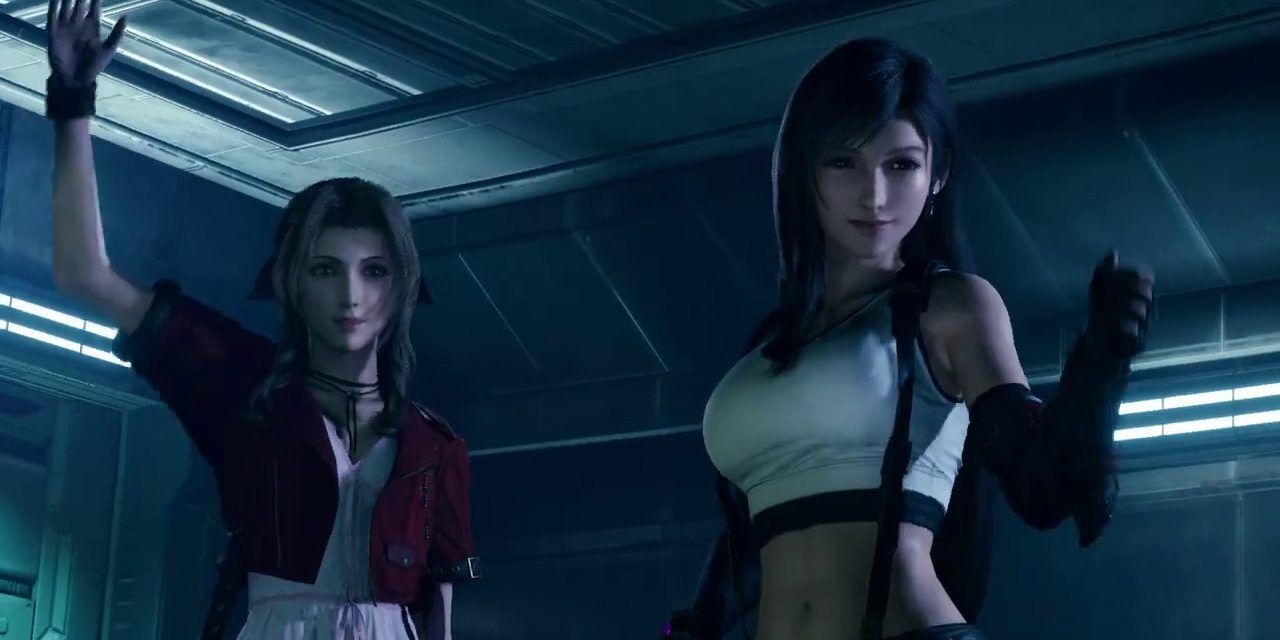
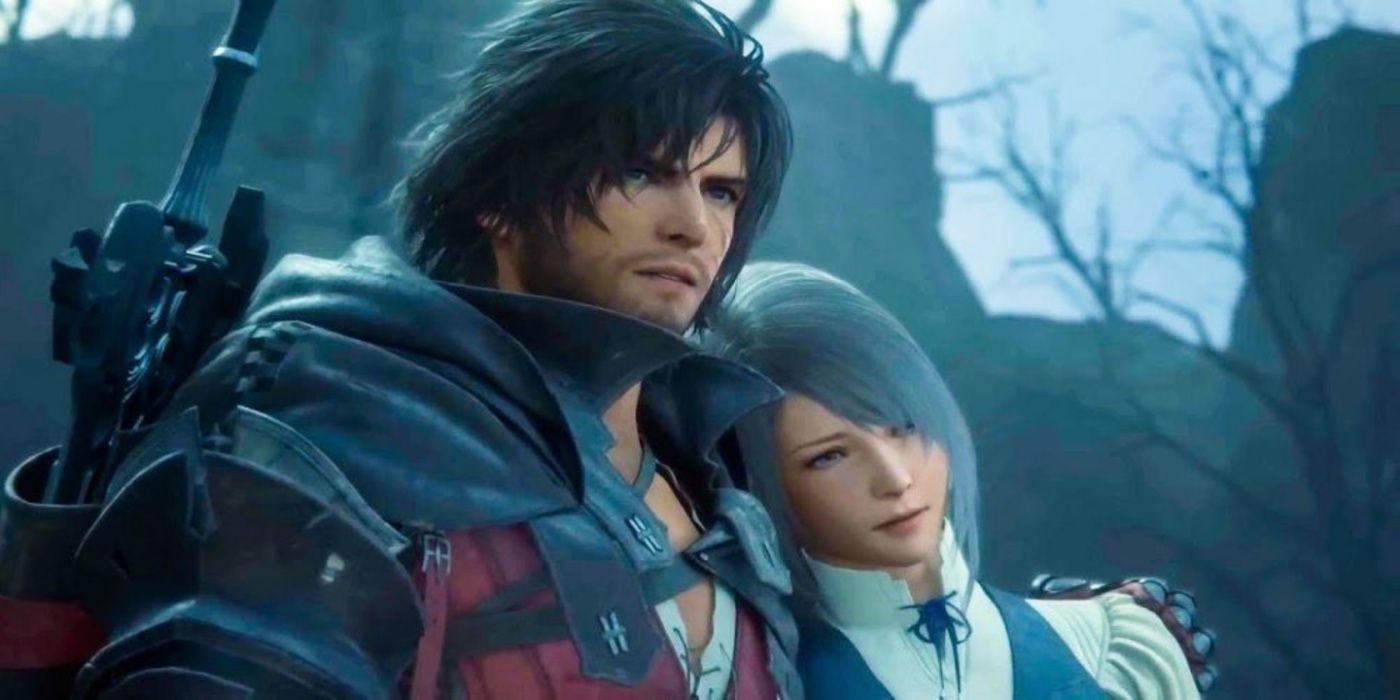
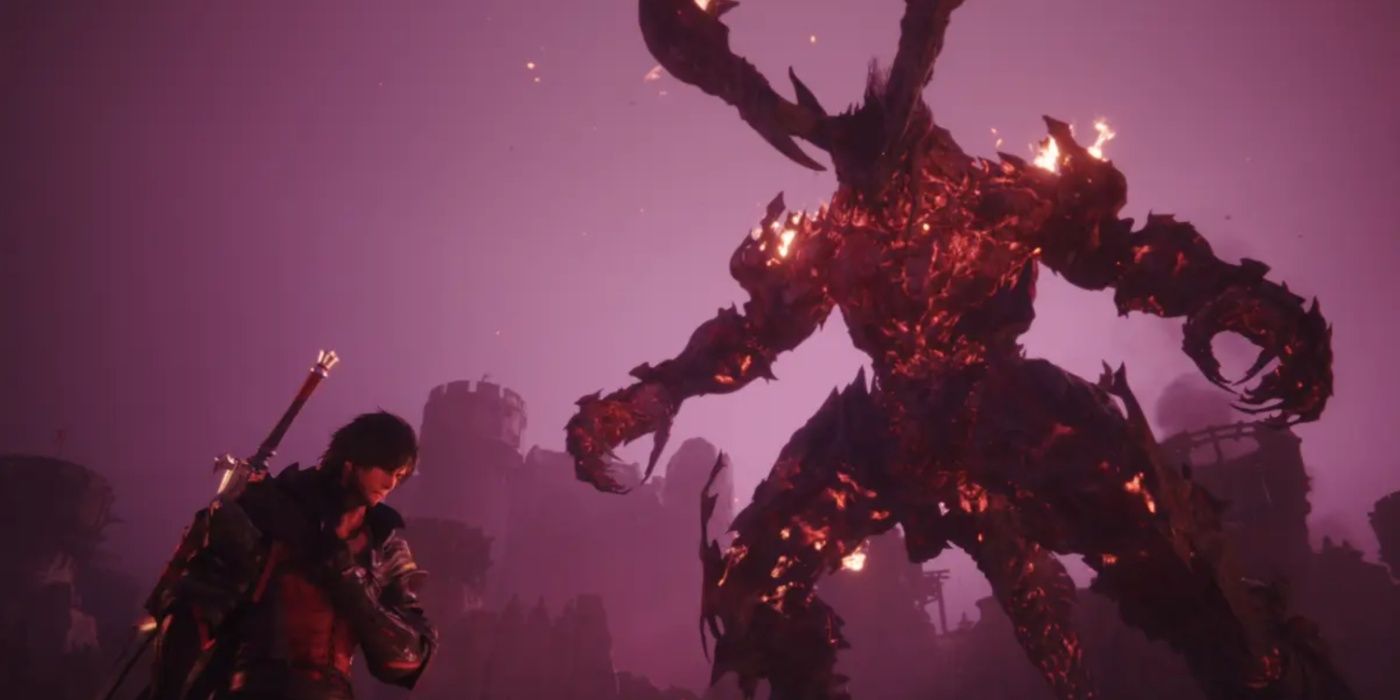
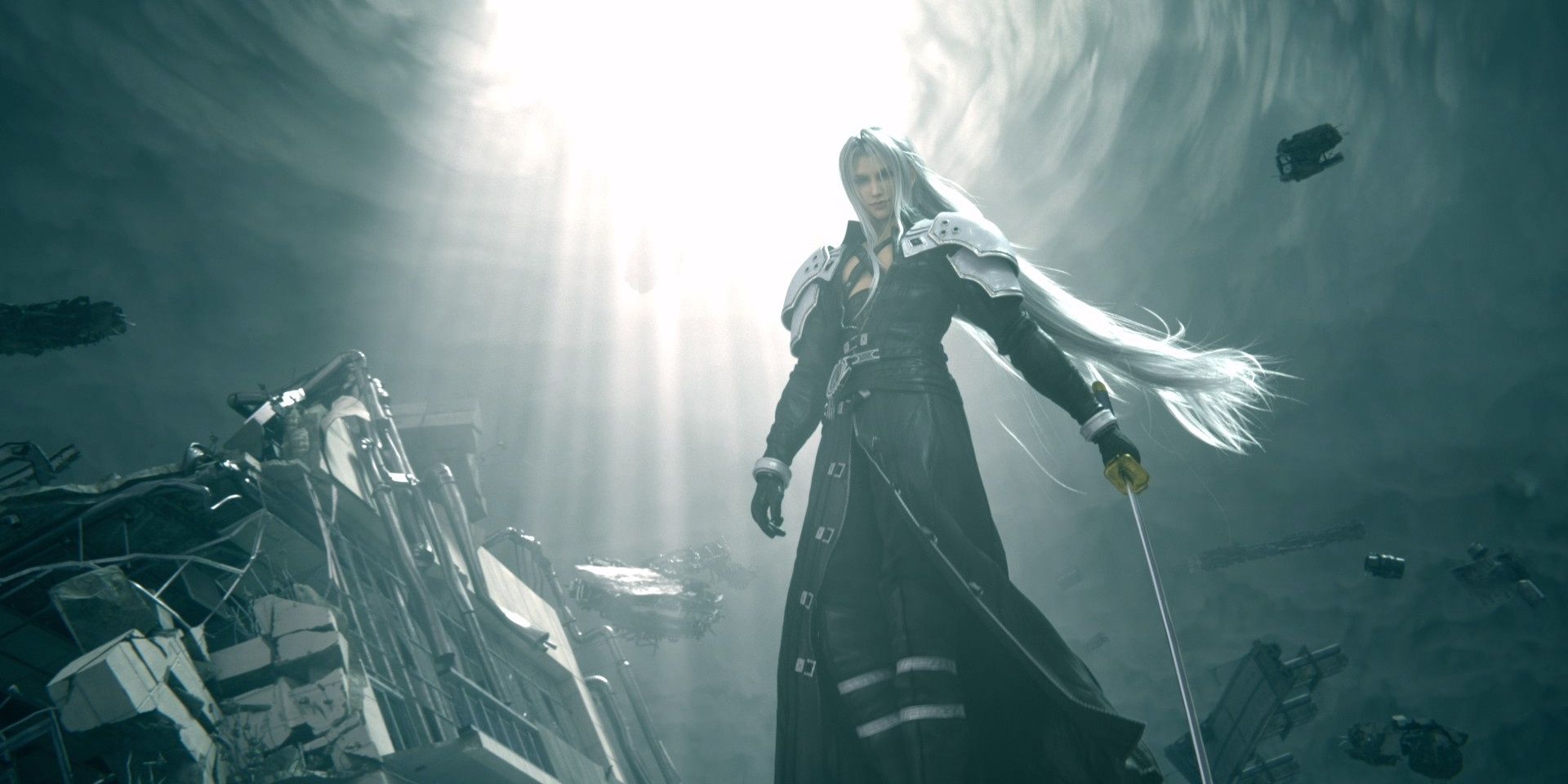
Since its debut in 1987, Final Fantasy has been a cherished mainstay of the JRPG genre, offering something new and thrilling in the early years due to its novelty. However, after almost three decades of slight modifications on the same turn-based combat system, players became accustomed to it, and developers recognized that innovation was essential for the franchise’s continued relevance, particularly when the genre’s appeal began to diminish. The long-awaited change arrived with Final Fantasy XV, featuring a dynamic real-time action combat system.
The alterations made in FFXV sparked a significant split among supporters, as some yearned for the linear, tactical gameplay they were accustomed to, whereas others welcomed the progression. Fast forward nearly nine years, and the franchise has continued to emphasize action combat without any indications of reverting back. In the case of Final Fantasy XVI, it delved even deeper into this genre, mirroring the style of Devil May Cry, complete with titanic, cinematic Kaiju-style battles that added layers of complexity to the gameplay. The Final Fantasy VII Remake and Rebirth redefined the original with a hybrid system that drastically revamped both combat and visuals. Even Stranger of Paradise, developed by Team Ninja, left an indelible mark and gained favor among longtime fans due to its frenetic, real-time gameplay.
The transition from traditional turn-based combat in Final Fantasy games has brought about varying reactions. Titles such as the Final Fantasy VII Remake have proven to be highly popular, but they’ve struggled to compete with JRPGs that continue to employ turn-based mechanics, like Persona 5. It seems unlikely that the franchise will revert back to its original system soon. In a 2022 interview, it was noted that “many fans have expressed interest in returning to the turn-based battle system,” but as graphics continue to advance and characters become increasingly photo-realistic, the juxtaposition of such realism with the fantastical nature of turn-based commands becomes less harmonious.
Even Pokémon Is Changing Things Up
Pokémon Legends: Z-A Will Use Real-Time Combat
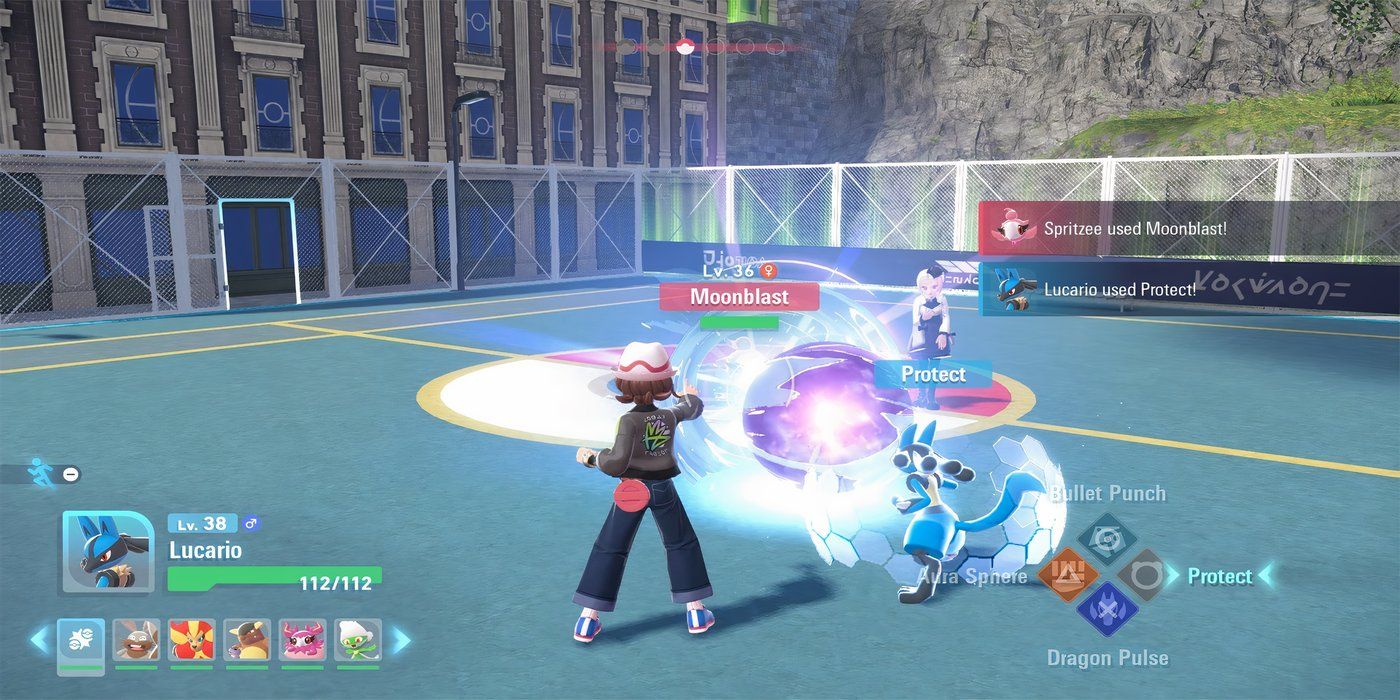
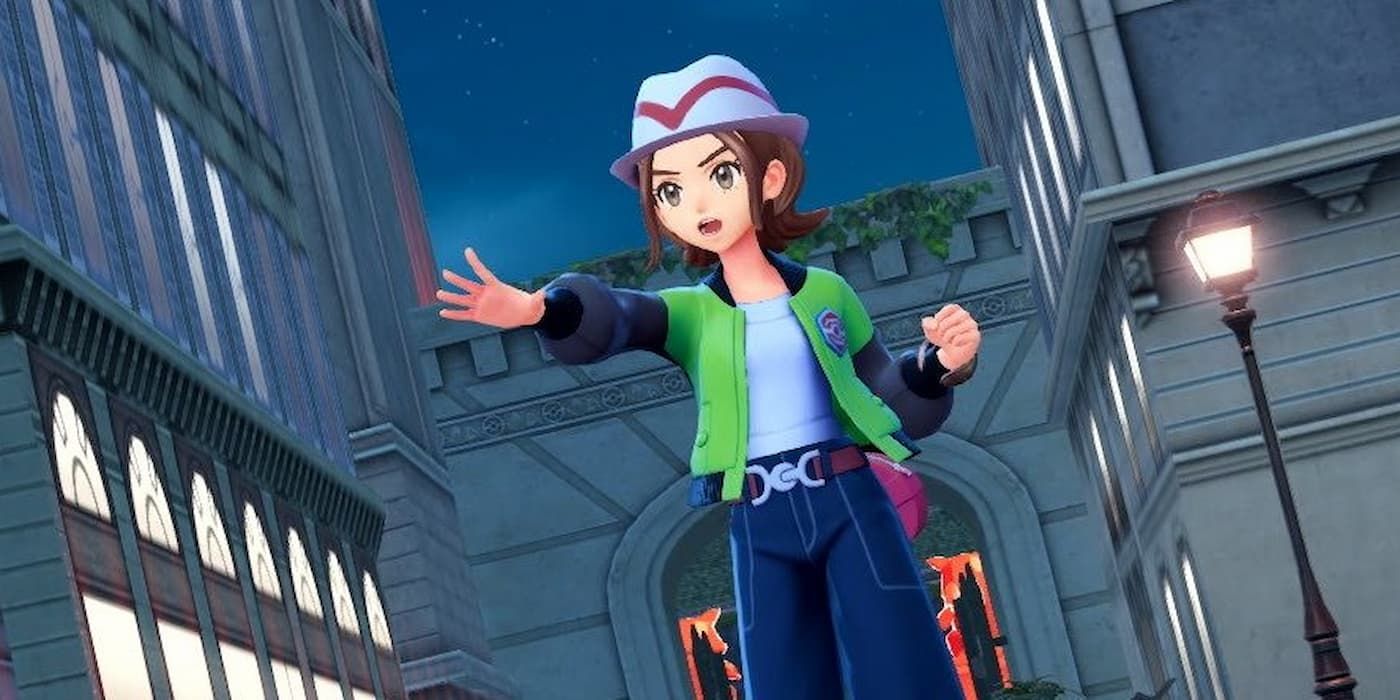
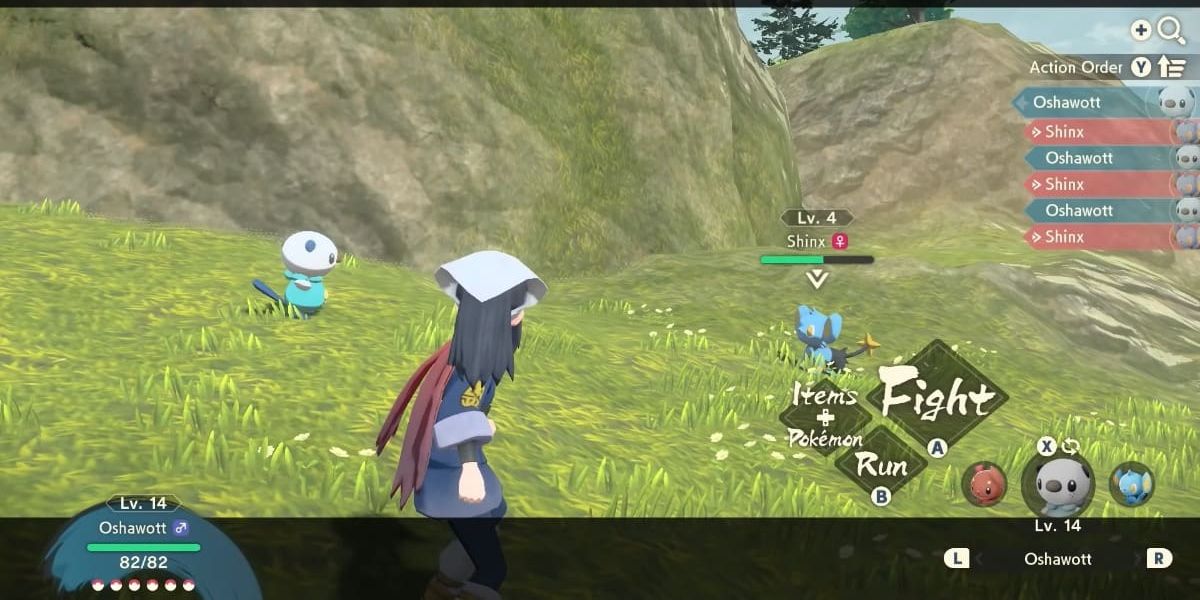

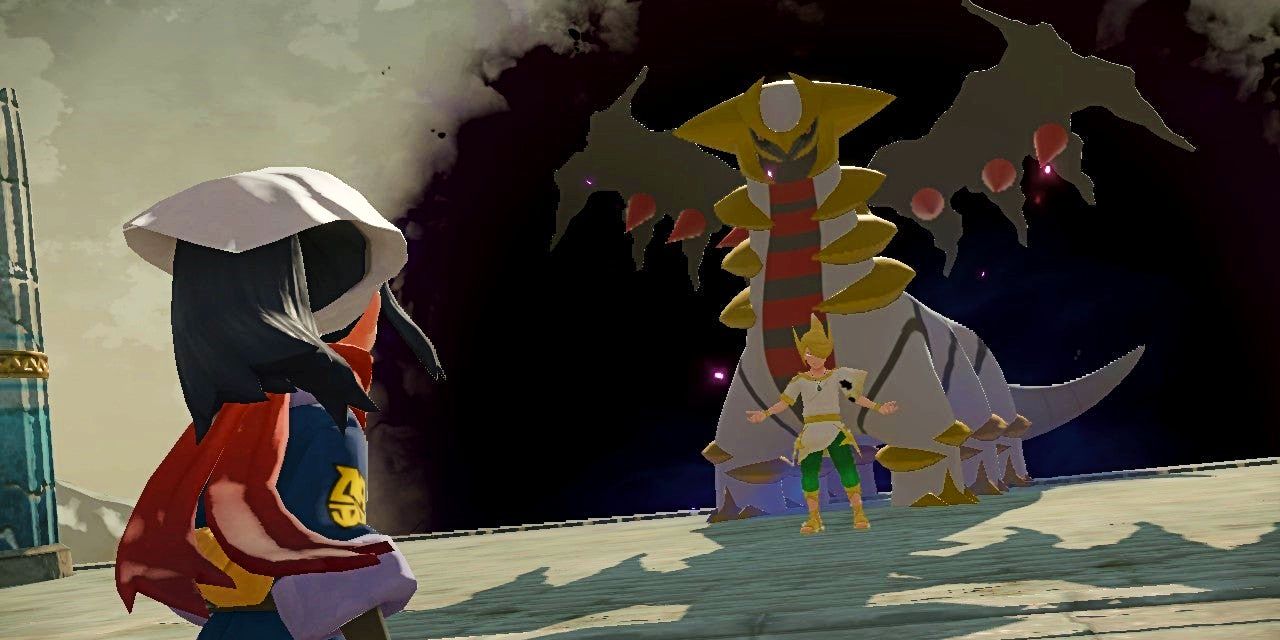
Over almost three decades, the Pokemon series has maintained a similar core gameplay structure, leading some fans to find it repetitive. Players typically assemble a team of six Pokemon and engage in turn-based battles across various regions. Fighting involves picking moves from a menu, causing damage or status changes, or employing items; random number generation (RNG) decides critical hits, misses, and other outcomes. The lack of significant player interaction during fights has left the series feeling stale for numerous enthusiasts. However, it took until 2022 for the franchise to make a substantial change in response to fans’ requests for innovation.
Many people viewed Pokémon Legends: Arceus as a significant advancement in the right direction, not because it was flawless, but due to several innovative changes. Unlike previous games, this version enabled players to interact with Pokémon directly within the game world and observe battles unfold naturally, without switching to a separate battle screen. This wasn’t a radical overhaul of the system, but it was a much-anticipated update that heightened immersion and breathed life into the game environment.
In Arceus: Legends, there were boss fights designed like third-person action sequences. Here, the player navigates around powerful Pokemon, evading attacks and hurling items at them in enclosed arenas. These interactions introduced a sense of immediacy and interaction that was sometimes missing from the main series. However, some players found these instances thrilling yet expressed a preference for battling as the Pokemon instead of the trainer to make the experience more authentic and fulfilling.
In contrast to “Legends: Arceus,” the upcoming game, “Legends: Z-A,” brings a fresh take on everything that has preceded it. During battles, players will assume the roles of both trainer and Pokémon, dynamically moving around the battlefield to dodge and strike in real time. The moves are said to influence one another and utilize cooldown timers, introducing an extra dimension of strategy and rhythm to combat. Additionally, Mega Evolutions are back after much anticipation, providing a long-desired element for dedicated fans.
In an exciting development, the creators of “Legends: Z-A” are making a daring change by abandoning the traditional turn-based combat in favor of a real-time action system. This decision, which could spark debate among fans and alter the anticipated trajectory for the series, leaves us wondering if this is a permanent shift for “Pokémon” or a unique direction for the “Legends” franchise alone. Regardless, “Legends: Z-A” is gearing up to make a significant impact on the gaming landscape.
Clair Obscur: Expedition 33 Has Helped Reinvigorate Turn-Based RPGs
Games Like Clair Obscur Are Sure to Have a Lasting Influence On the RPG Genre
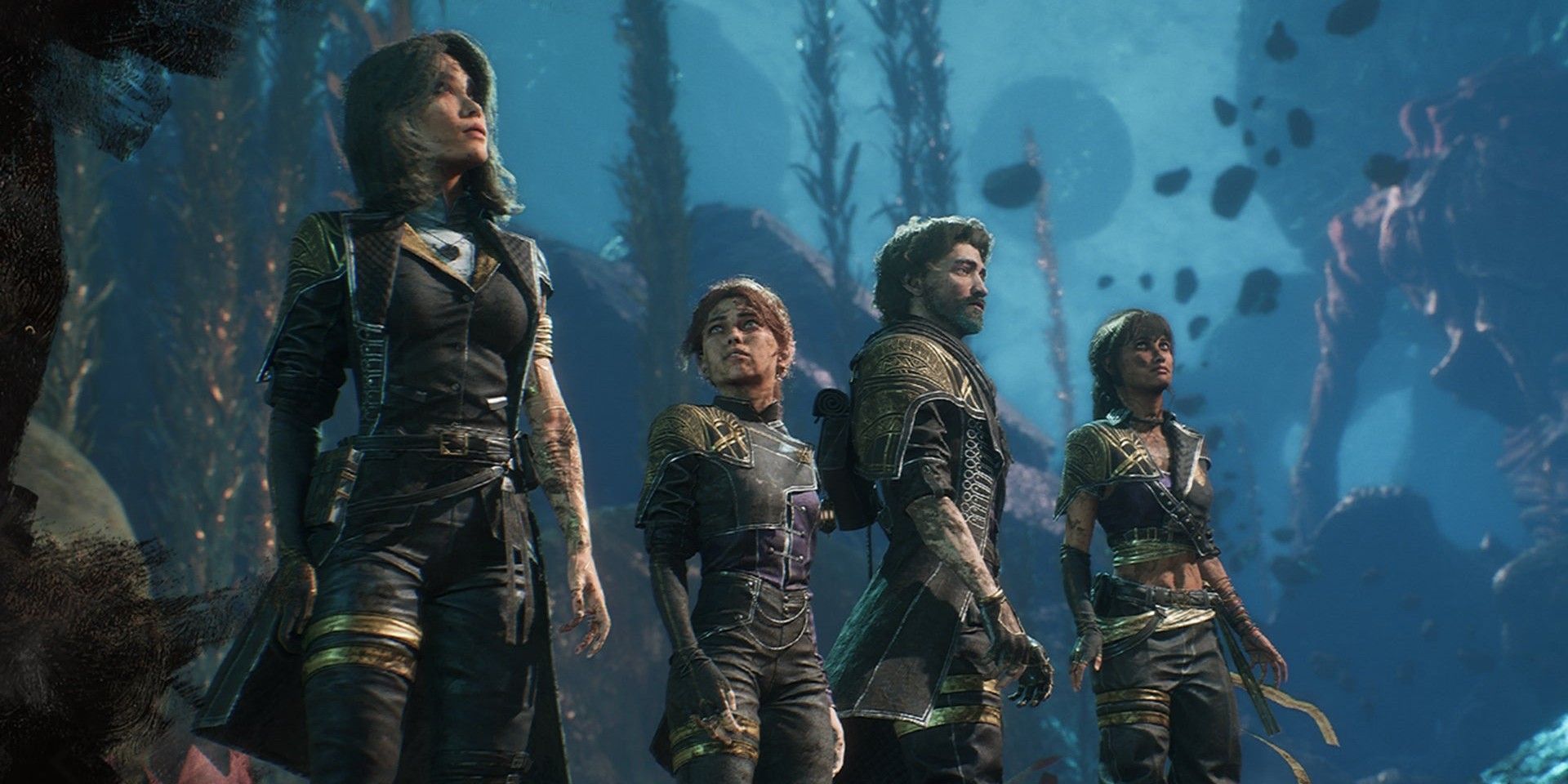
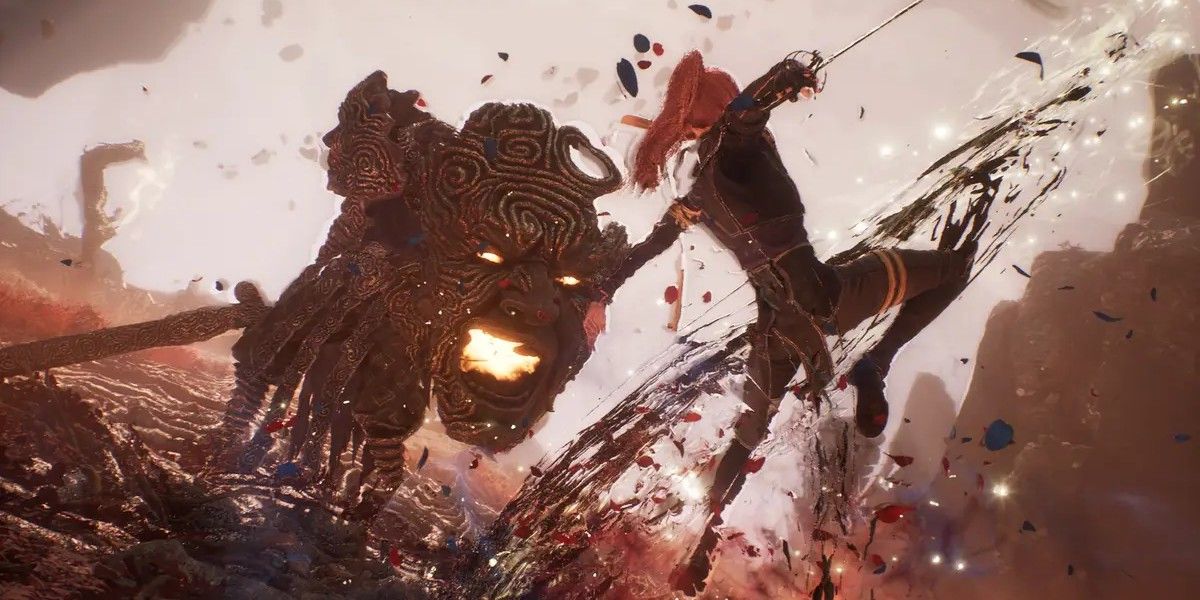
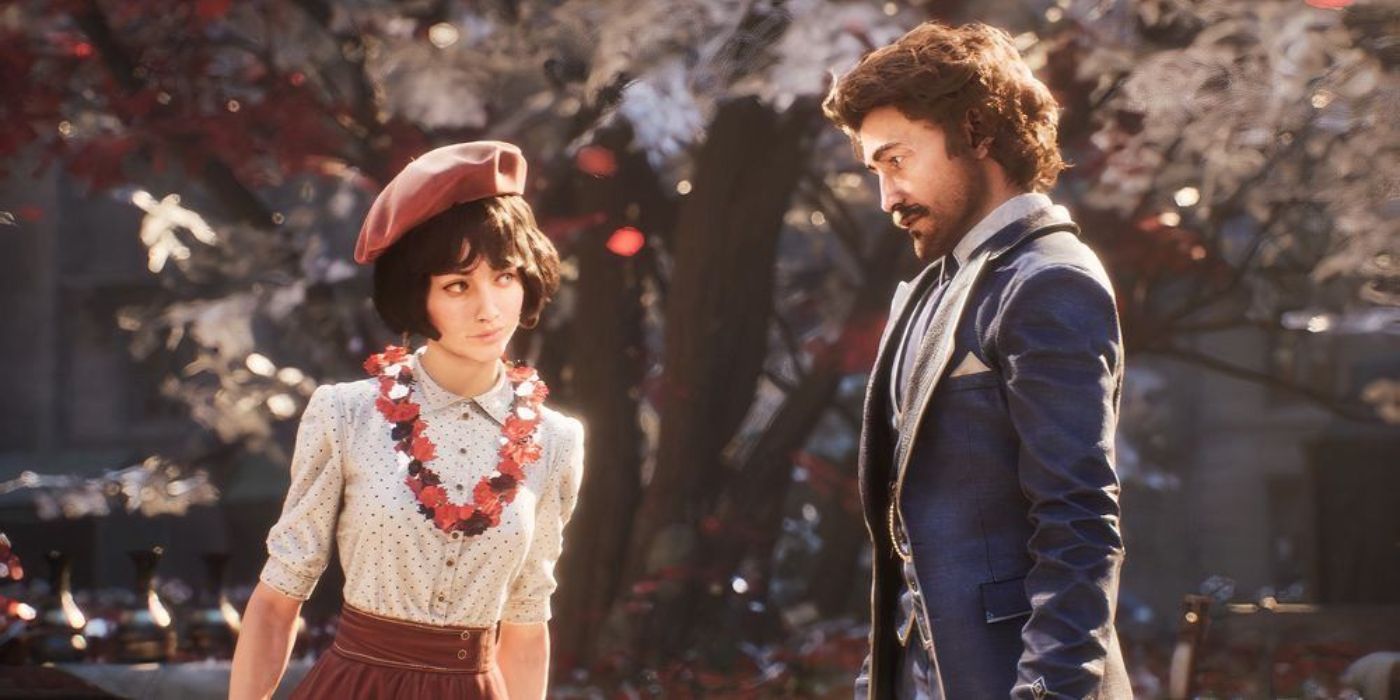
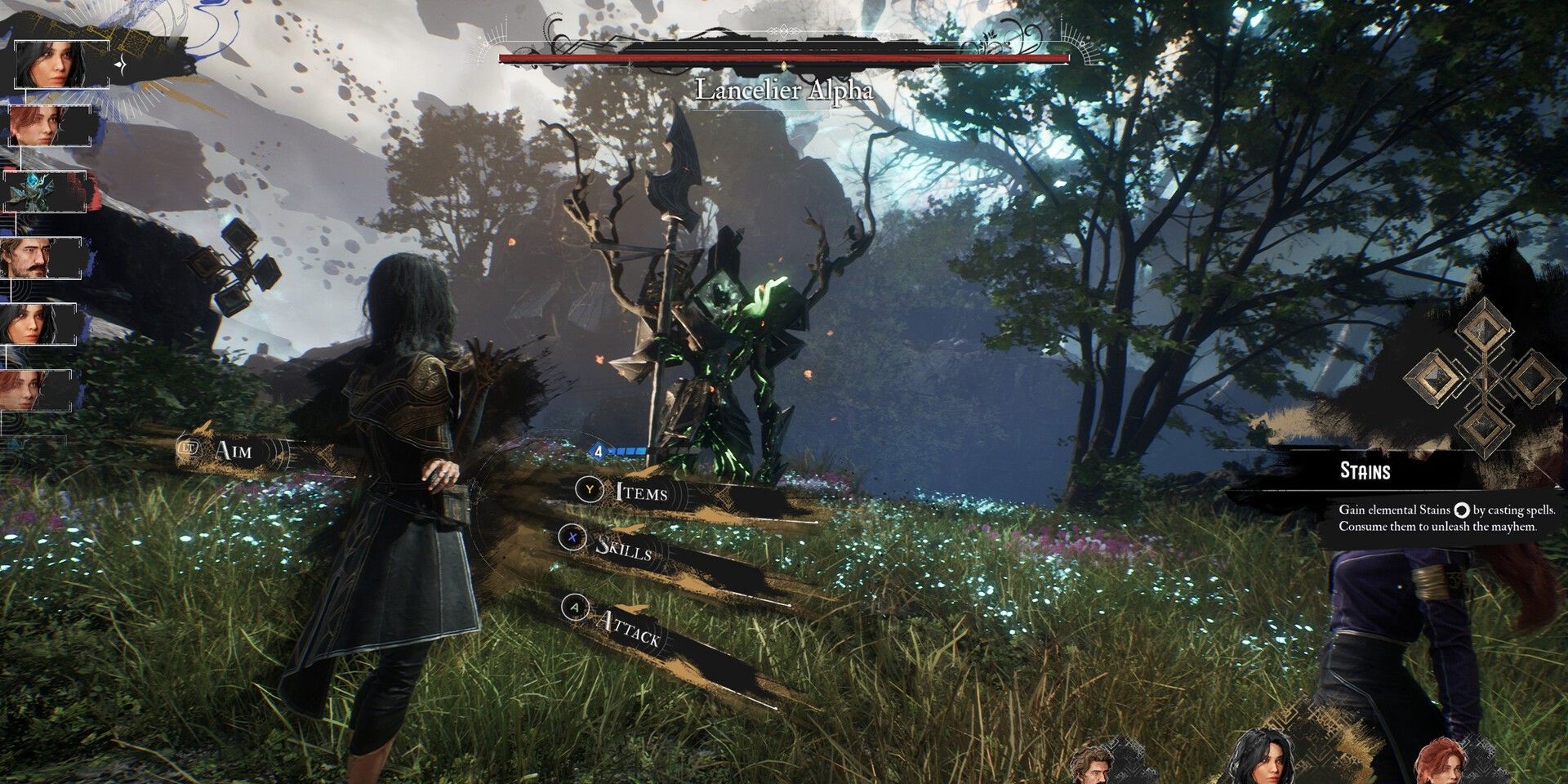
Over the past fortnight since its launch, “Clair Obscur: Expedition 33” has swept through the gaming community, selling more than two million copies and receiving a Metacritic rating of 92 along with a user score of 9.7. This game stands out due to its compelling, emotional storyline combined with an unusual, fantastical world design. The reasons for its success are numerous, but one significant factor behind its popularity lies in its innovative approach to reimagining turn-based combat by incorporating fresh, real-time elements.
In the game Expedition 33, developed by Sandfall Interactive, they’ve made their mark in the turn-based RPG genre by incorporating responsive mechanics. Instead of just picking an attack or item from a menu and crossing your fingers for a critical hit or dodge, player turns now include quick-time events that can amplify the potency or efficiency of selected actions. Each character possesses distinct skills, yet they all have the capability to execute both standard and aimable attacks. This allows players to shoot projectiles to shatter shields or focus on vulnerable areas.
The most significant advancement lies in the defensive aspects. When foes attack, players can choose to evade, block, or leap to lessen harm. Leaping applies only to certain attacks, but it’s lenient and offers an opportunity to retaliate. Evading provides a generous timing window and encourages players to understand enemy attack sequences. Precise evades align with blocks, while mastering precise dodges yields the same advantage as parries. Parrying is the most challenging due to its strict timing, but it’s the most profitable since it sets up enemies for potent counterattacks.
As a passionate gamer, I’ve dived into “Clair Obscur: Expedition 33” – a game that’s boldly pushing the boundaries of turn-based RPGs, potentially reshaping the genre for good. In this unpredictable gaming landscape, it’s understandable why some developers opt for safety, clinging to familiar structures rather than venturing into uncharted creative territories. However, this fear of innovation can lead genres to become stale and repetitive.
In recent times, traditional Role-Playing Games (RPGs) like Turn-based RPGs and Japanese RPGs have faced challenges due to a perceived repetitiveness and similarity in gameplay. Some might think updating combat to real-time would modernize these franchises, but it’s not a one-size-fits-all solution. Despite this, the fanbase that appreciates turn-based mechanics remains steadfast. The game Clair Obscur: Expedition 33 demonstrates that innovation within turn-based systems is achievable without completely abandoning them. The gaming industry could benefit from more games that are willing to explore new ideas, tinker with mechanics, and redefine what turn-based combat can offer. Such games are essential for keeping genres vibrant and contemporary.
Read More
- Gold Rate Forecast
- Silver Rate Forecast
- Honor of Kings returns for the 2025 Esports World Cup with a whopping $3 million prize pool
- PUBG Mobile heads back to Riyadh for EWC 2025
- USD CNY PREDICTION
- Kanye “Ye” West Struggles Through Chaotic, Rain-Soaked Shanghai Concert
- Arknights celebrates fifth anniversary in style with new limited-time event
- Mech Vs Aliens codes – Currently active promos (June 2025)
- Every Upcoming Zac Efron Movie And TV Show
- Hero Tale best builds – One for melee, one for ranged characters
2025-05-17 21:22